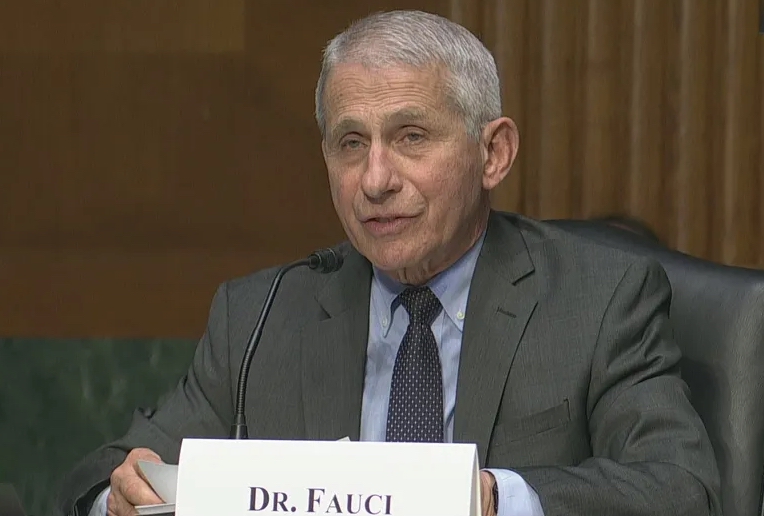Eleanor Barton writes for the Federalist about Dr. Anthony Fauci’s negative impact on safety measures tied to virus research.
Discussing new rules for risky virus research when they were finalized a few years ago, National Institute of Allergy and Infectious Diseases Director Anthony Fauci acknowledged, “I don’t think this is going to be foolproof, things are going to slip through.”
As senators sparred yet again with Fauci at a congressional hearing last week, he stated that his agency has followed the regulations for funding “gain of function” research, which can make certain viruses more deadly or transmissible. But he obfuscated how he played a role in creating those same regulations, which officials and some scientists say are too weak.
“The guide rails for what can be done were not established by me, they were by a three-year process led by the Office of Science and Technology at the White House,” Fauci said of gain-of-function research at the hearing.
After some high-profile lab accidents, in 2014 the U.S. government paused federal funding of gain-of-function research. In 2017, the research resumed under a new Potential Pandemic Pathogens Control and Oversight (P3CO) Framework, with a review committee established within the Health and Human Services Department (HHS) to oversee federal funding of such research.
But during those three years, with Fauci’s input, the review committee was stripped of its power to veto proposed research, as The Washington Post’s Pulitzer Prize-winning reporter David Willman and Madison Muller noted in an in-depth investigation last year. The definition of the research the panel reviews (the definition that Sen. Rand Paul, R-Ky., and other senators keep arguing about with Fauci) was also narrowed to exclude some potentially dangerous viruses.
Summarizing its findings on the research review committee, the Post says that both Fauci and then-director of the National Institutes of Health Francis Collins:
“…in recent years have helped shape policy changes, directly and through their aides, that undercut the committee’s authority, according to federal documents, congressional testimony and interviews with dozens of present and former officials and science experts.”


